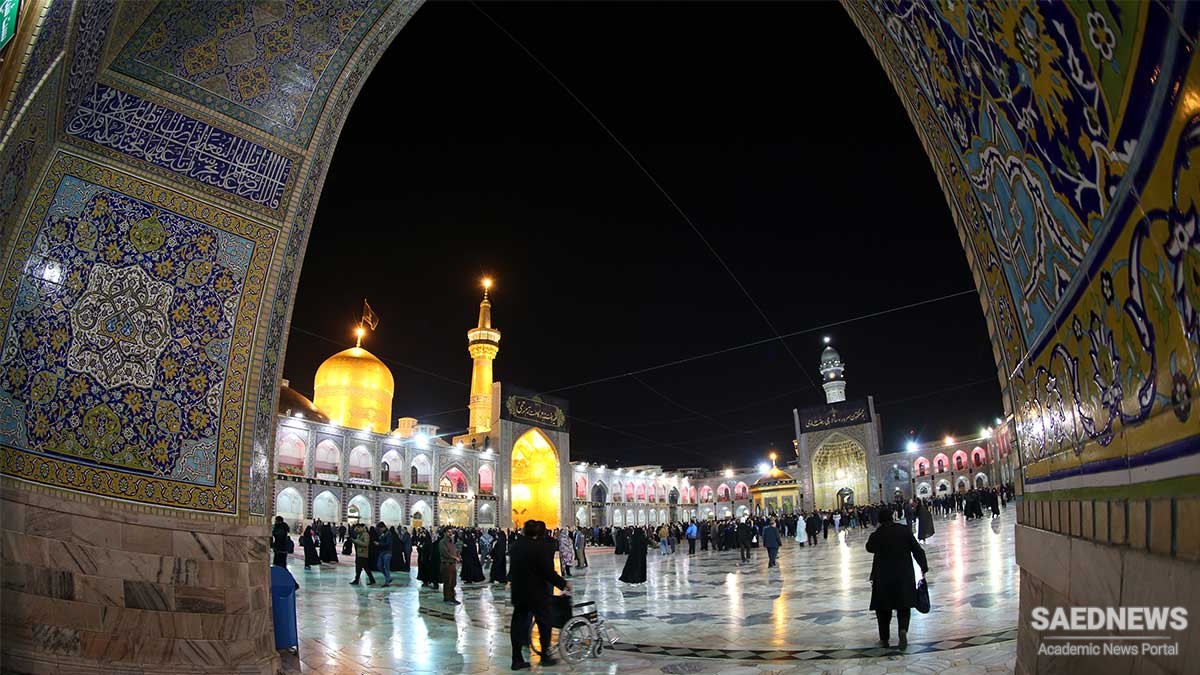After the Messenger of God, the Islamic ummah stood in need of a worthy personage who would be endowed with the knowledge derived from revelation, exempt from sin and impurity, and capable of perpetuating the path of the founder of the shari'ah. Only such a personage would be able not only to watch over the political developments of the time and to protect society from its deviant elements, but also to provide people with the extensive religious knowledge which spring from the fountainhead of revelation and derive from the general principles of the shari'ah. The laws derived from revelation would thus be preserved, and the torch of truth and justice held high.
Imamate and caliphate are inseparable, in just the same way that the governmental functions of the Messenger of God cannot be separated from his prophetic office. Spiritual Islam and political Islam are two parts of a single whole. However, in the course of Islamic history, political power did become separated from the spiritual Imamate, and the political dimension of religion was separated from its spiritual dimension.
If Islamic society is not headed by a worthy, just, God fearing person, one unsullied by moral impurity, whose deeds and words serve as a model for people; if, on the contrary, the ruler of society himself violates the law and turns his back on the principles of justice there will be no environment capable of receiving justice, and it will not be possible neither for virtue and piety to grow and ascend, nor for the aim of Islamic government to be accomplished, which is none other than orienting men to the Supreme Principle and creating a sound environment for the dissemination of spiritual values and the implementation of a law based on divine revelation. The moral conduct of the ruler and the role of government have so profound and powerful an effect on society that 'Ali, the Commander of the Faithful, peace be upon him, regarded it as more influential than the educative role of the father within the household. He thus said: "With respect to their morals, people resemble their rulers more than they resemble their fathers."
Since there is a particular connection and affinity between the aims of a given government and the attributes and characteristics of its leader, attaining the ideals of Islamic government is dependent on the existence of a leader in whom are crystallized the special qualities of a perfected human being. In addition, the need of a society moving forward toward its own perfection for leadership and governance is a natural and innate need, and in just the same way that Islam has made provision for the individual and collective needs of man, material and moral, by codifying and ordering a coherent system of law, it must also pay heed to the natural need for leadership in a fashion that accords with man's essential disposition.
God has provided every existent being with all the tools and instruments it needs to transcend the limitations of weakness and lack and advance toward its own perfection. Is it then possible that man who is also nurtured in the embrace of nature would somehow be excepted from the operation of this inviolable rule and be deprived of the means of spiritual ascent? Could it be said that a Creator Who has lavished generosity on man for the sake of his bodily development might deprive him of the most basic means needed for his spiritual elevation, that He might grudge him this bounty?


 Transportation Complexities and the Complications of Hajj Management
Transportation Complexities and the Complications of Hajj Management














































